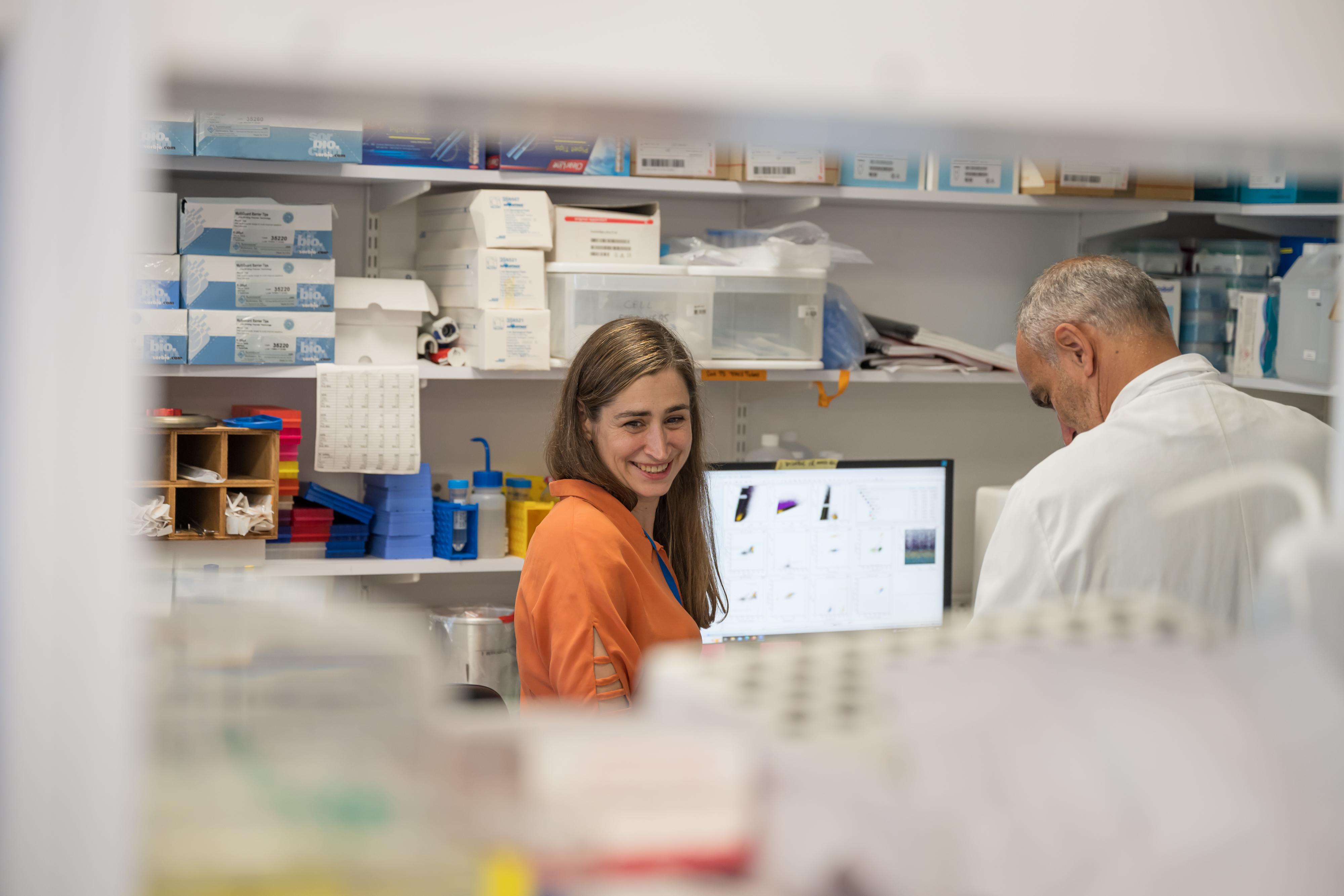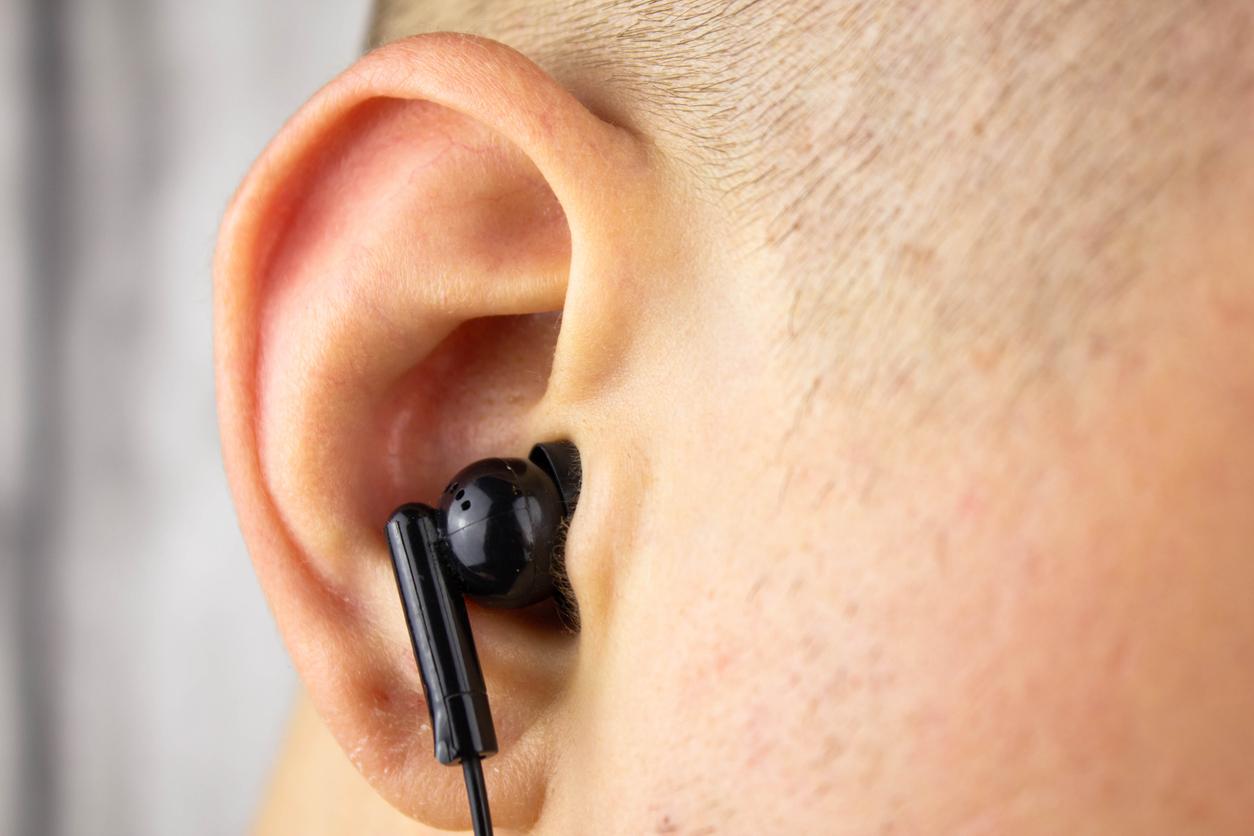This system, still under development, works only on cases of autism spectrum disorder triggered by autoantibodies in pregnant women, i.e. 20% of cases. For the time being, the machine is capable of detecting three different forms of autism during pregnancy, which bodes well for better care.
-1611677884.jpg)
- A computer, aided by an algorithm, uses machine learning to detect autism spectrum disorders.
- For now, it is only able to detect cases where autism occurs because of the mother’s autoantibodies. However, its accuracy is 100%.
- Autism spectrum disorders triggered by maternal autoantibodies account for 20% of autism cases.
Researchers from the University of California at Davis (USA) have identified several patterns of maternal autoantibodies strongly associated with the diagnosis and severity of autism. Thanks to the technology they employ, they have even been able to detect certain forms of autism with 100% accuracy. The results were published on January 22, 2021 in the journal Molecular Psychiatry.
For this study, the researchers specifically focused on autism spectrum disorders related to maternal autoantibodies, which account for about 20% of all autism cases. Indeed, auto-antibodies are immune proteins that attack our own tissues. In a previous study, the researchers had already noticed that the autoantibodies of pregnant mothers could interact with the brain of their growing fetus and modify its development.
The computer in support of conventional techniques
This time, the researchers used “machine learning”, that is to say the automated learning of a computer specially trained for this task. The computer was designed to identify the likelihood of autism severity caused by autoantibodies. For this, he analyzed samples from 450 mothers of autistic children and 342 mothers of normally developing children. He then had to detect reactivity to eight different proteins that are abundant in the fetal brain. The computer’s algorithm determined which autoantibody patterns were specifically associated with a diagnosis of autism spectrum disorder.
“The implications of this study are enormoussays Judy Van de Water, professor of rheumatology, allergy and clinical immunology at the University of California at Davis and lead author of the study. This is the first time that machine learning has been used to identify with 100% accuracy patterns specific to maternal-like autism spectrum disorders as potential biomarkers of autism spectrum disorder risk..”
100% accuracy rate
The machine learning program analyzed approximately 10,000 patterns and identified the three main patterns associated with maternal-like autism spectrum disorders: CRMP1+GDA, CRMP1+CRMP2, and NSE+STIP1. “For example, if the mother has autoantibodies against CRIMP1 and GDA (the most common pattern), her chances of having an autistic child are 31 times higher than in the general population, based on this data set. currentanalyzes Judy Van de Water. It’s huge, there is very little data to assess this type of risk.”
Thanks to this system, the researchers were able to certify 100% of cases of autism spectrum disorders. Thus, it is possible to diagnose “maternal” autism very early and to intervene more effectively on the behavioral level. This study paves the way for further research into possible preconception tests, which are particularly useful for high-risk women over the age of 35 or who have already given birth to an autistic child.
.
















